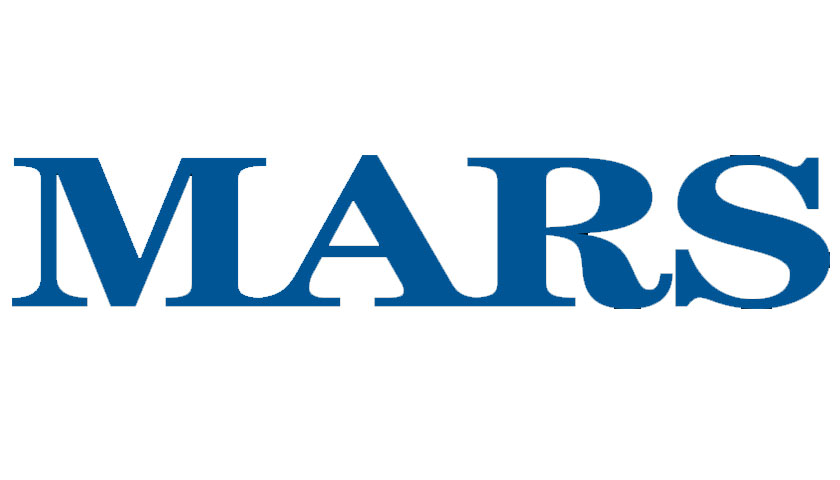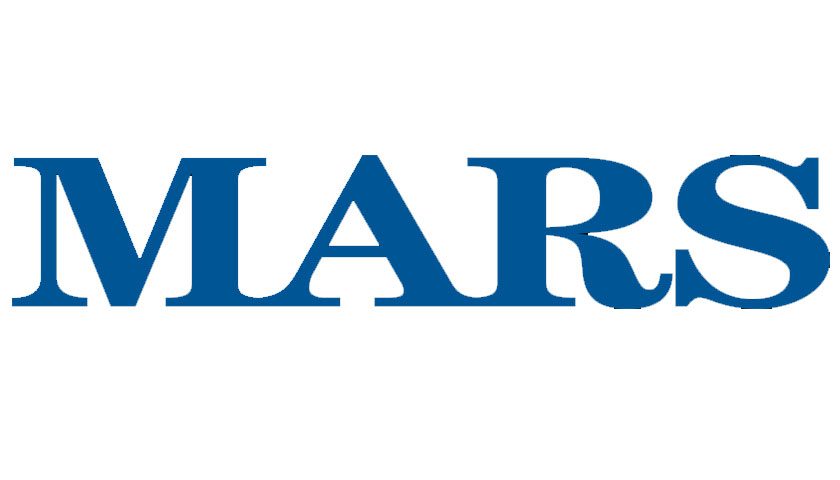Mars has released a post that talks baout how they view the importance of reducing their water usage. I enclose the text of this below but it is copyright of Mars and I encourage you to read the post on their site here and see the other things they are doing.
When it comes to the agricultural supply chain, Mars is working with farmers to implement climate-smart practices that help them reduce water usage, reduce greenhouse gas emissions and maintain yields for farmers.
A great example is our work on rice. This World Water Day (March 22), we shine a spotlight on our progress to reduce water usage in rice farming, and the projects delivering impactful results.
Why is reducing water usage in rice farming important?
Rice plays an important role in the world’s diet and economic prosperity. It is a daily staple for 3.5 billion people around the world and provides income to around 19% of the world’s population. However, traditional rice production is water intensive – it uses approximately 40% of the world’s irrigation water and accounts for up to 10% of global methane emissions.
As the owners of one of the world’s biggest rice brands – Ben’s Original™ – rice is a critical raw material for the Food & Nutrition segment, so we have a responsibility to source rice more sustainably and reduce our impact on the planet.
How is the Food & Nutrition segment of Mars working with rice farmers to implement climate-smart agriculture practices?
Our focus is on making rice farming more sustainable by reducing the amount of irrigation water used, minimizing greenhouse gas emissions and helping to increase yields for farmers.
One technique we are working with farmers to adopt is called “alternate wetting and drying” (AWD). Traditionally, rice farming has involved continuously flooding the fields which is very water intensive. In addition, it produces a lot of methane; flooded fields are ideal growing conditions for methane-emitting bacteria.
The AWD technique is different from traditional flooding practices. It alternates between flooding and drying down the fields during the rice growing stage. This practice is most efficient when used on a zero grade (fully flat) farm.
In the U.S., we’ve been working with the Whitakers – a generational family of farmers in Arkansas – who have grown rice for Mars for over 10 years. As a result of adopting the AWD technique, The Whitakers have seen a 60% reduction in water usage and up to 60% lower greenhouse gas emissions, compared to average farms in the region (on an annual basis).
(The Whitaker’s farm)
How does Mars encourage farmers to adopt water saving techniques?
In India and Pakistan, we wanted to support rice farmers to enhance their water management practices, so we launched the Sustainable Rice and Stewardship program (WAPRO), alongside our partner Swiss Intercooperation, Helvetas.
This program provided education and training support through farmer partnerships and organized sessions – training farmers on the Sustainable Rice Platform (SRP) standard, and water stewardship.
Importantly, this project also incentivized farmers by subsidising the adoption of water-saving techniques including drip irrigation, laser leveling and AWD.
At the conclusion of the project, all the project farmers were using these new techniques, and all farmers improved their water efficiency and increased their rice production as a result.
Does Mars take a different approach in different countries?
Yes, we recognize the importance of tailoring projects to local needs and challenges, and we work closely with our farmers to implement practices.
For example, In Thailand, rice is the most important food crop, accounting for roughly half of Thai agricultural land, but farmers in Thailand are vulnerable to climate change because yields are heavily dependent on weather conditions.
Back in 2018, we joined forces with the German agency for international cooperation, GIZ, alongside other like-minded partners, to develop a collective approach to sustainable climate-smart rice production in Thailand, launching the Sustainable Aromatic Rice Initiative (SARI).
(SARI project)
The program focused on training farmers on the Sustainable Rice Platform (SRP) standard for sustainable rice cultivation including the use of digital farming solutions, record keeping, water management practices and the efficient use of farming inputs.
Across the six-year program, we worked with 1,450 farmers across two areas – Roi Et and Central Plain – in Thailand, 70% of whom were women. As a result of the project, all the farmers reduced their water usage and increased their rice production.
In Roi Et, where we trained most of the farmers, farmers were able to reduce their water usage by up to 56%, and we have seen that farmers are spending less, and at the same time earning more, than the average farmer in the Roi Et province.
We’re now scaling this project further across Thailand.
This World Water Day, we reflect on the progress we’re making to reduce water usage in rice farming. We have plenty more work to do and we’ll continue working towards our climate goals.

